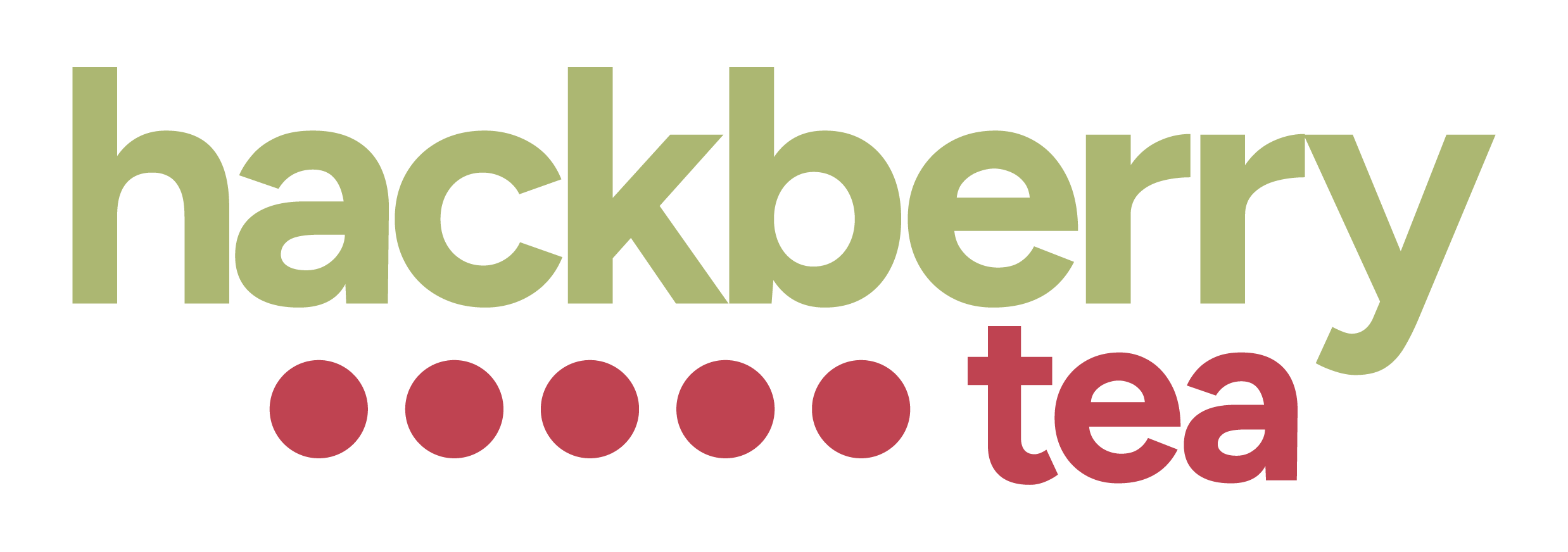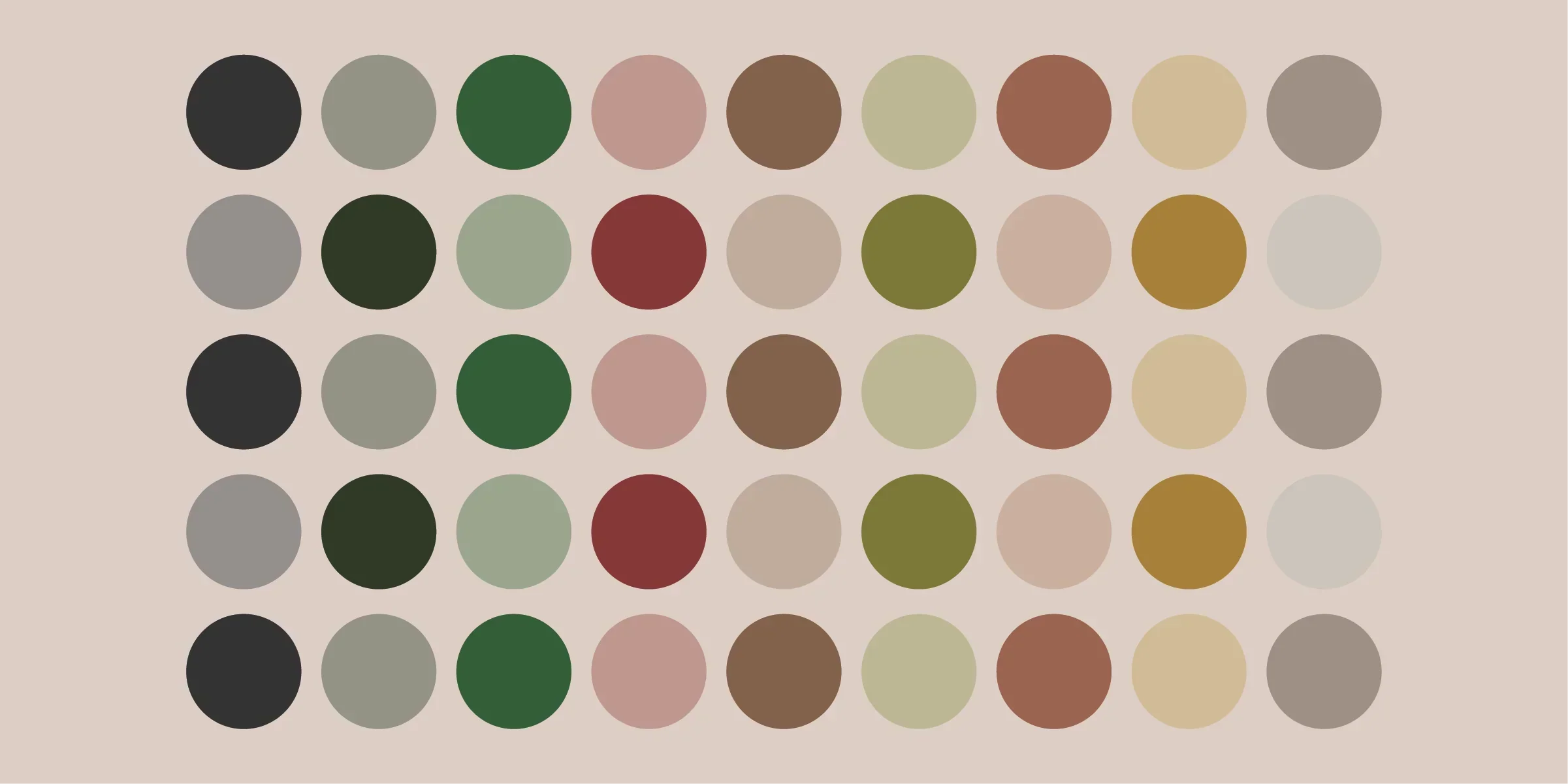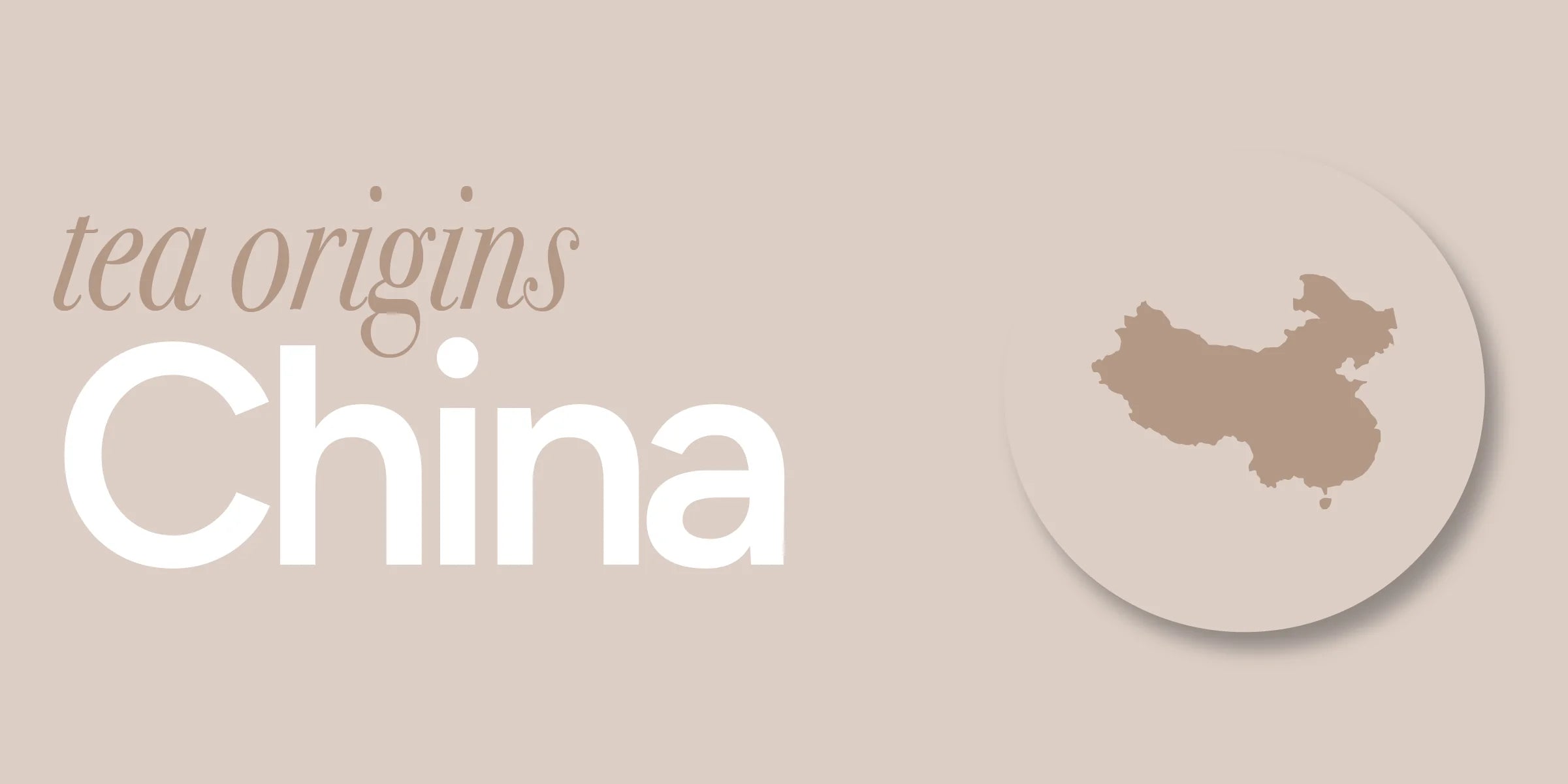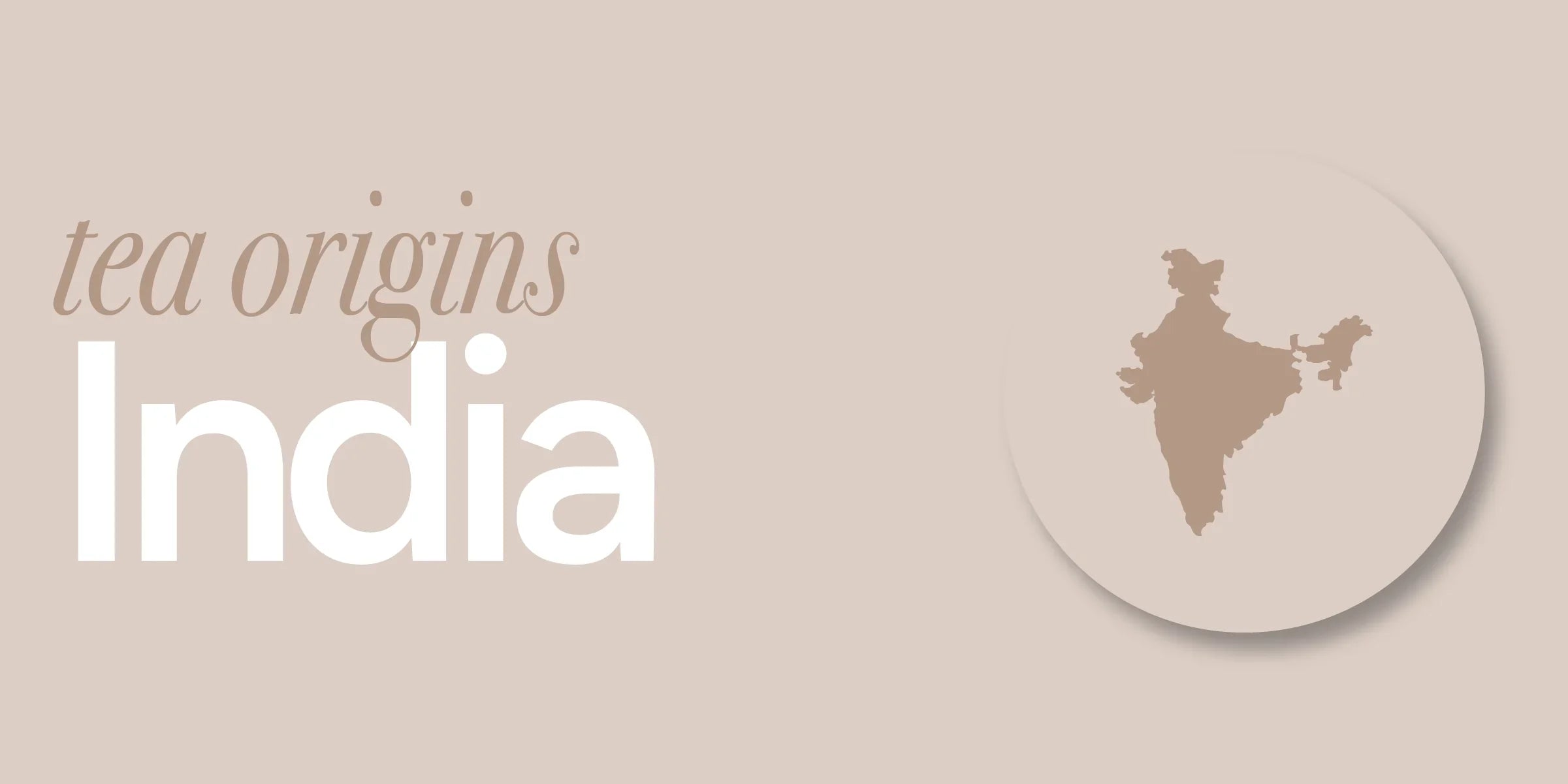History
The idea behind drinking tea for health benefits isn't new. The earliest record of people drinking herbal teas for medicine dates back to 2737 BC in China. Today, some believe that certain ingredients help with ailments like inflammation, arthritis, heart disease, and even the common cold. Even before you feel symptoms, people will drink specific teas to strengthen the immune system to avoid ailments.
What is a Health Tea?
Are all teas health teas? Do all teas have medicinal properties? While there is an answer to those questions, I'll focus on teas that promote health that doesn't come from the Camilla sinensis plant, which produces black, green, and white teas for this blog. Check out our blogs on those topics for the health benefits of black, green, and white tea. Health tea is a tea that has specific health benefits and is generally caffeine-free. A more proper name for herbal teas is tisane, but it's often referred to as herbal or wellness teas. We'll focus on tisanes, which are teas that contain ingredients from other sources, not the Camilla sinensis plant. Ingredients range from flowers, herbs, spices, and other plants. Some examples are lemongrass or mint or other ingredients like flowers and spices. Many herbal teas have spices like turmeric and flowers like chamomile. Since there is such a wide range of ingredients, the most accurate name is tisane, but herbal sticks. Most herbal blends are often used for medicinal reasons due to the beneficial qualities of the ingredients. Recipes can be made to assist with specific ailments depending on the type of herb, plant, or spice you use.
When drinking herbal blends for health and wellness, it is important to know what your purpose is for consuming it. The combinations of tisanes are endless, and every ingredient can have a specific benefit. The way the ingredients are blended and how or when you consume them can produce varied outcomes. It is important to do some research before experimenting or creating different herbal infusions.
Let's Debunk Some Myths
Is the use of tea for health a centuries-old tradition, or is there some truth behind its effectiveness? Some studies have shown that tea may help with cancer, heart disease, diabetes and help with weight loss and mental alertness. This isn't a contrived idea without truth or merit. In fact, all white, green, black, and oolong teas are derived from the Camellia sinensis plant that contains unique antioxidants called flavonoids, polyphenol, and caffeine. However, just because tea can have health benefits, it doesn't mean it's medicine. When people ask us about the health benefit of certain teas, we remind them that we are not doctors. We encourage you to see the advice of a medical professional before using tea for your health. Some plants and herbs can negatively affect some conditions, so always be aware of the ingredients you consume and ask a doctor to make sure you can ingest the ingredients found in your tea. We know that tea can help support a healthy lifestyle, but at the end of the day, there is no conclusive evidence that tea is a cure-all or replacement for seeking medical advice.
Here's a list of some common ingredients found in health teas and our Hackberry offerings:
- Chamomile is 100% naturally caffeine-free and traditionally used as a sleep aid and can help with stomach aches, nausea, and calming anxiety.
- Echinacea (Coneflower) can help fight the common cold, urinary tract, ear, and throat infections.
- Hibiscus (Rose mallows) may help in lowering blood pressure and cholesterol.
- Rooibos contains 37 natural antioxidants with cancer-fighting properties and is also an adaptogen known to help increase stress resistance.
- Peppermint is an aromatic plant used in various herbal and food recipes, medicines, and cosmetics. Mint is able to alleviate an upset stomach, improve digestion, and relieve allergy symptoms.
Just like some teas may have positive effects, some should be avoided in some instances. For example, when you're pregnant. It's thought that tea ingredients like hibiscus, turmeric, ginger, and others can negatively affect a pregnancy when taken in large quantities. As I stated before, ask a doctor before taking anything new, especially during pregnancy.
Since health teas have such a wide range of ingredients, processing the tea isn't as straightforward as leaf teas. Flowers, plants, and even flowers are gathered, dried, and packed. Even with different processing practices, plants for health teas much be grown carefully with meticulous quality control to ensure you are getting the best tea available. Some of these plants are highly sensitive to moisture or heat. As a result, temperature when processing must be carefully monitored in order not to over-dry.

















